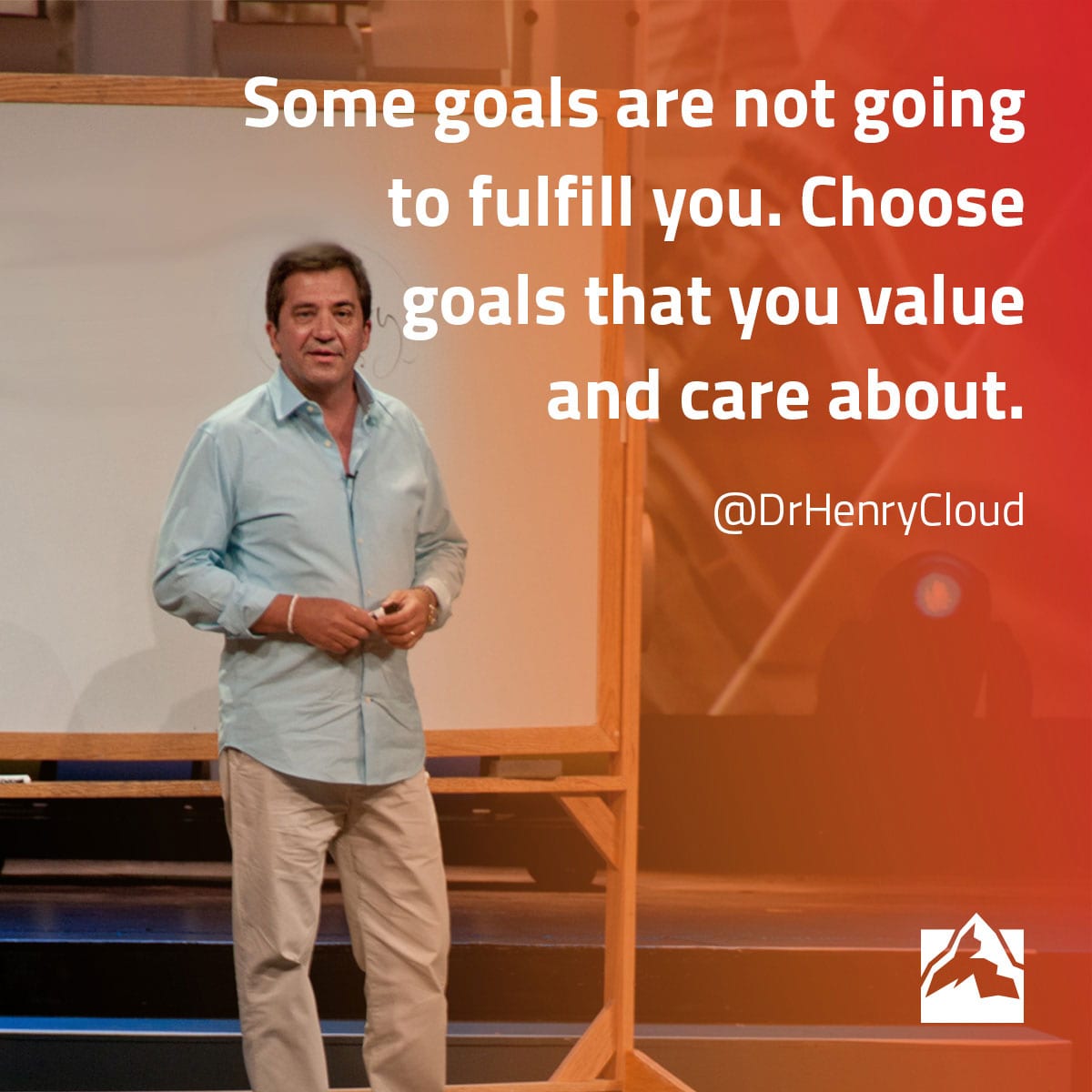
Some goals are not going to fulfill you. Choose goals that you value and care about.

Some goals are not going to fulfill you. Choose goals that you value and care about.

 In 2013, the Global Leadership Summit launched for the first time in Trinidad and Tobago with the help of generous donors who made it possible. Some of the results of the event are in seeing church and marketplace leaders come together to transform communities, and seeing youth embrace their calling to bring change to the nation.
In 2013, the Global Leadership Summit launched for the first time in Trinidad and Tobago with the help of generous donors who made it possible. Some of the results of the event are in seeing church and marketplace leaders come together to transform communities, and seeing youth embrace their calling to bring change to the nation.
The GLS in Trinidad and Tobago is ultimately creating unity, bringing fresh perspective, providing effective skill training and tapping into the potential of their future leaders.
Unity
“We saw marketplace leaders and the church leaders beginning to merge,” said Russel Aching, GLS leader in Trinidad and Tobago. “And for the first time we saw a genuine desire for these leaders to work together. I think it was God ordained because God seems to be working out each step. He is bringing the leaders together to work in a genuine and effective way.”
Perspective
Trinidad and Tobago have so much potential for growth. There is so much beauty, but there are many things working against it. “We have a real problem with corruption, which brings disunity, and results in major consequences,” Russel explains. “It’s working against what God intended for our nation. It really breaks my heart to see a nation go down because of a few things and a few people who don’t understand how to lead well.
“So my passion is to see people get real perspective—God’s perspective—on how to lead well.”
John Maxwell says, “Everything rises and falls on leadership.” And Russel believes this to his core.
“I believe being effective with leaders is essential,” Russel shares. “That is why I am here.” And this is why Russel is so passionate about bringing the GLS to more leaders in his nation.
Skill
Russel has started to realize that it comes down, not to desire or will to change the country, but to skill.
“A lot of us in ministry have the will to do something, but we don’t necessarily have the skill,” he explains. “I came from the marketplace, so I understand skill. The GLS helps others see the value of that balance between skill and will, between Church leadership and marketplace leadership. It is an essential need in my nation.”
Potential
The GLS is also allowing leaders to steward their resources wisely. “Although the nation is full of resources, funding is still an issue,” Russel shares. “My biggest prayer request would be that the work of God is not just properly funded, but also we get the right people in place to work in ministry.”
Russel has seen that when people respond to God’s call, change happens in the nation.
One of the biggest results of the GLS in Trinidad and Tobago is the youth who are responding to God’s call. “The youth event sold out! To see how they responded and grew in a short period of time was encouraging because the future of our nation is in their hands.
“People know that this is the future, but letting go and releasing the youth it is not easy, because the adults think they know best. It is only when we let go that we realize the youth can have even greater results than we can have. I am saying ‘we,’ even though I am still a youth myself.”
Thank you
Because of people like you, the GLS is being going to more leaders like Russel who are responding to God’s call to put an end to corruption, and bring change to their country.
“Resources are critical to the success of any event or movement,” Russel shares. “In a nation where resources are difficult to come by, it really means a lot when we get funding to support our events and support a movement.
We are really grateful for help in that area. We’re also grateful for your deeds—the gifts of time and other ways people give. It goes a long way and helps us fulfill our mission to impact leaders in our nation. Thank you.”
To support and encourage leaders like Russel, consider a gift to the Global Leadership Development Fund
at www.willowcreek.com/give
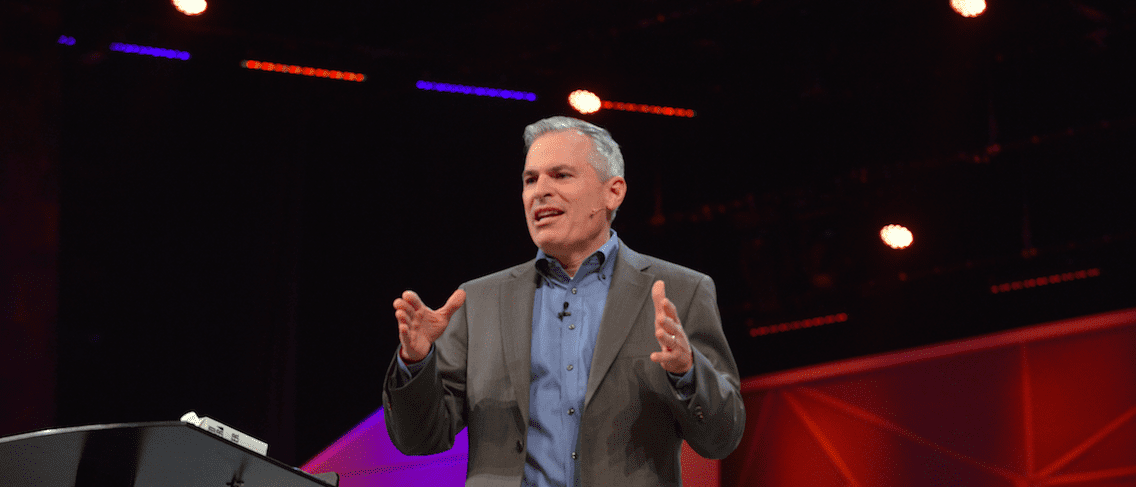
How does a leader recognize and cultivate the three virtues of Hungry, Humble and Smart on their teams? This recent interview with Patrick Lencioni helps us learn more.
Question: What are the three essential virtues of an ideal team player?
Lencioni: There are three required virtues that make someone an ideal team player. Those are humble, hunger and smarts. The most important of those virtues is humility. The ultimate foundation of being a team player is a person being willing and able to put the team’s interests above his or her own. Only a truly humble person can do this effectively. The second virtue required is hunger, the desire to work hard, make a difference and get things done. The third and final virtue is something I call smarts. It has nothing to do with intelligence, however, but is all about social awareness and interpersonal common sense. Ideal team players, in addition to being humble and hungry, demonstrate smarts with their ability to understand their colleagues and work with them effectively.
Question: In The Ideal Team Player, you return to the subject of teams. Can you tell us why?
Lencioni: During the past twenty years of working with leaders and their teams, I’ve seen time and again that when a team member lacks one or more of those virtues, the process of building a cohesive team is much more difficult than it should be. In fact, in some cases, it’s impossible. We’ve been using this approach to hiring and managing at The Table Group since our founding in 1997, and it’s proven to be a remarkable predictor of success, as well as a reliable explanation of failure. As a result, I’ve come to the conclusion that these three seemingly obvious qualities are to teamwork what speed, strength and coordination are to athletics – they make everything easier.
Question: Why do you call them “virtues” rather than characteristics?
Lencioni: I refer to them as virtues because the word virtue is a synonym for the nouns “quality” and “asset.” It also connotes the idea of integrity and morality. Humility, which is the most important of the three, is certainly a virtue in the truest sense of the word. Hunger and smarts fall more into the “quality” or “asset” category. Also, the word “characteristic” can imply that these traits are static – you either have them or you don’t – which is not the case. Humility, hunger and smarts can be adopted and developed in people who commit themselves to cultivating these virtues.
Question: How can someone build a workforce of people who are hungry, humble and smart?
Lencioni: The most reliable way to ensure that teamwork takes hold in an organization is to hire only ideal team players. Of course, that is neither possible nor practical, especially considering that most leaders don’t have the luxury of creating their teams from scratch. But all leaders can certainly do their best to try to recruit, select and hire people who are humble, hungry and smart when an opportunity arises to bring on someone new. While there currently isn’t a diagnostic tool for selecting and identifying those with these virtues, in my book I’ve outlined some interview questions and assessment resources that can help managers and leaders mine for hungry, humble and smart in potential job candidates. By interviewing thoroughly and checking references with an eye toward a candidate’s reputation and behavior, a manager can hire people with a high degree of confidence that they’ll be good team players.
Question: What about existing employees? What if you have employees who don’t exhibit these qualities?
Lencioni: Thankfully, while some people may be more naturally inclined to exhibit humility, hunger and smarts, they are not inherent traits and can be adopted by anyone with a desire to embrace them. Leaders can evaluate their people against the three virtues in order to help them identify what they need to work on for their own good, and the good of the team. That’s always the preferred outcome.
Question: How does this new book fit together with The Five Dysfunctions of a Team?
Lencioni: Many of the readers of my first book on teams have been involved in consulting and training activities around the five dysfunctions model which focuses on how a group of people must interact in order to become a cohesive team. This book, and the “humble, hungry, smart” model, focuses on the individual team member and the virtues that make him or her more likely to overcome the dysfunctions that derail teams. We’ve found that some teams hit a wall in their progress in overcoming the dysfunctions. In many cases, they can break through that wall by having team members go deeper into their individual development around the virtues that might be holding them back. Further, the model and tools in my new book provide yet another opportunity for team members to be vulnerable with one another. By sitting down and acknowledging their strengths and weaknesses – and remember the leader should go first – a team can develop greater levels of trust, which make conflict, commitment and accountability that much more likely.
The original interview can be found on The Table Group website here.
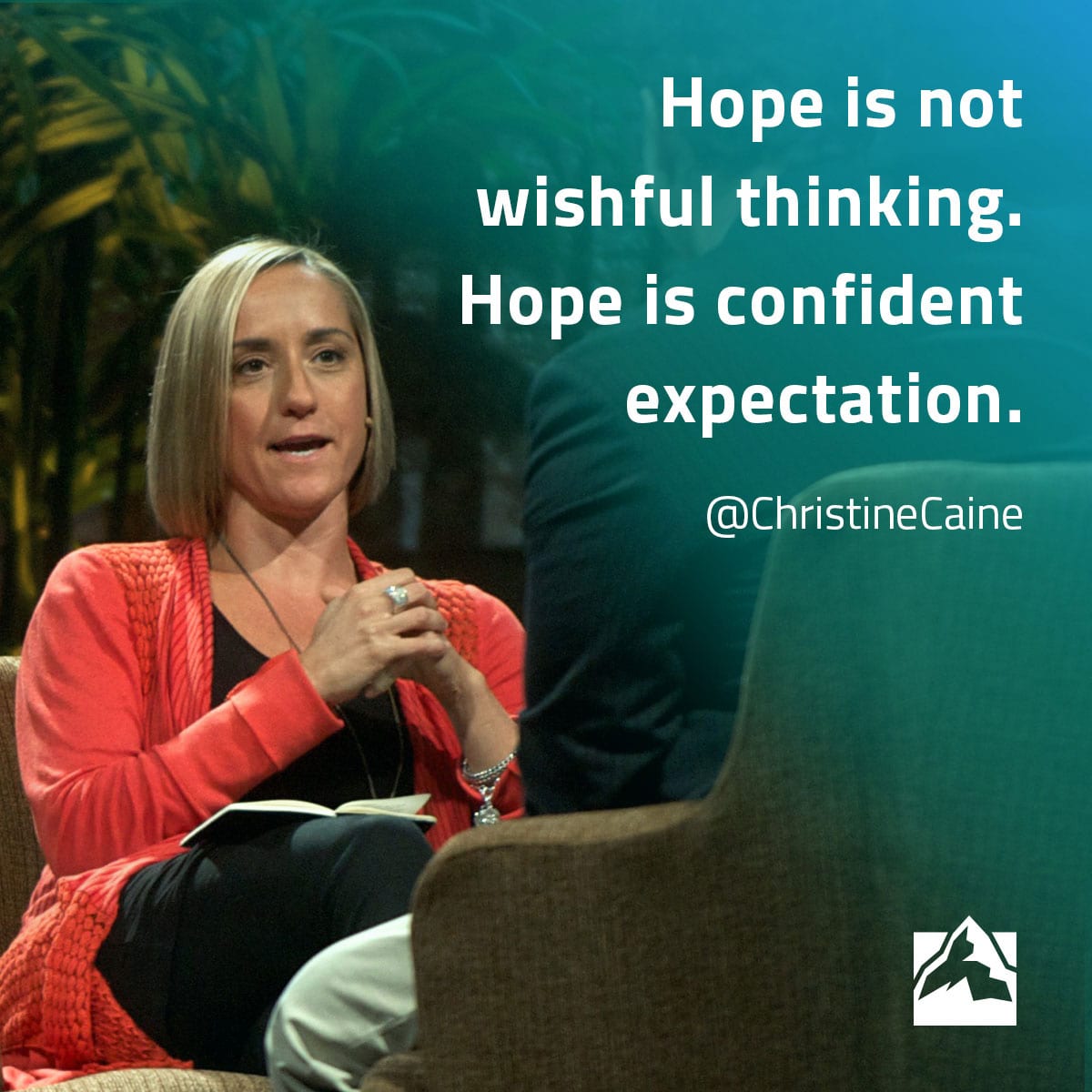
Hope is not wishful thinking. Hope is confident expectation.
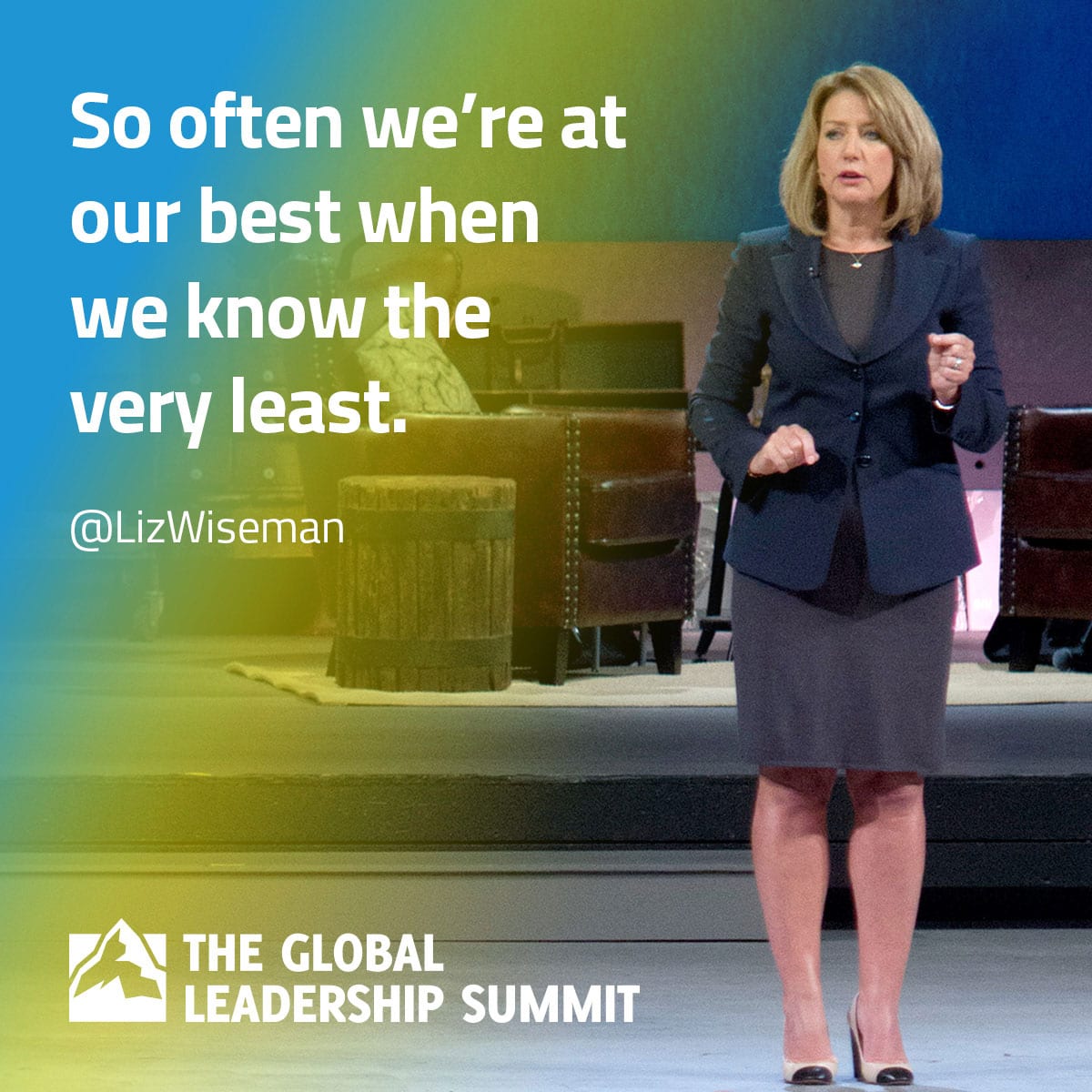
So often we’re at our best when we know the very least.
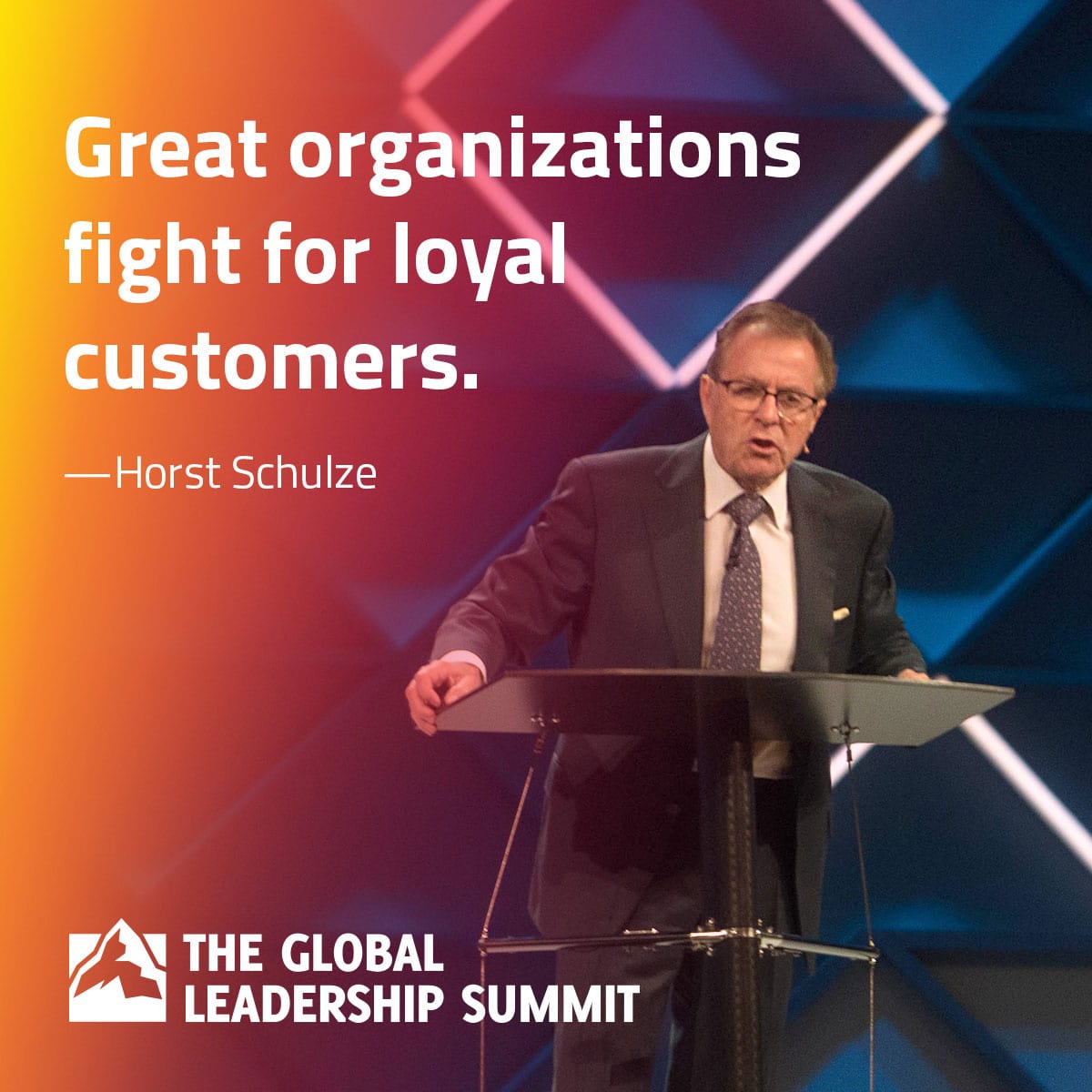
Great organizations fight for loyal customers.
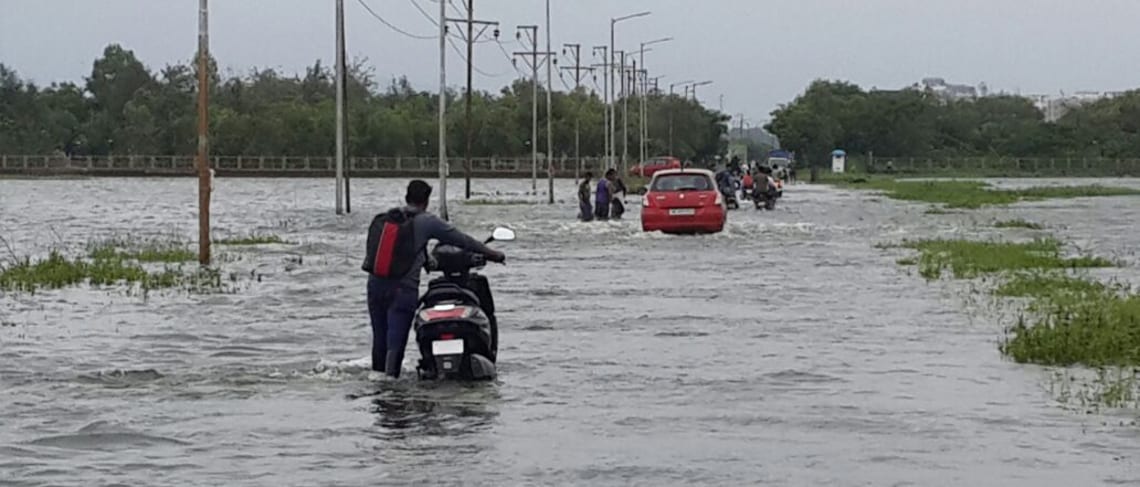
185 people weathered the heavy rain and came to the GLS despite the knee-high water levels on the roads in Mumbai last week. Some even traveled as far 50 miles to attend!
The hunger for the encouragement and training was evident.
Here are just a few of the things we heard from those who were there:
“I used to think I was not able to do more with my life, but during the Summit, I was convinced that I can.” (He was one of the 15 people that traveled 50 miles.)
“I live out my faith very actively in the church and I enjoy it, but I never thought about living out my faith at my work. I am in my office more than I spend my time in the church.
The Summit awakened me. I need to learn to take my faith to my workplace.”
“I have a tendency to draw back whenever I face challenges, but the Summit inspired me to embrace leadership challenges.” – Vinny, Radio operator for the Indian Navy, and a Pastor
“Today I surrendered my life to Jesus. I am changed from here on out.”
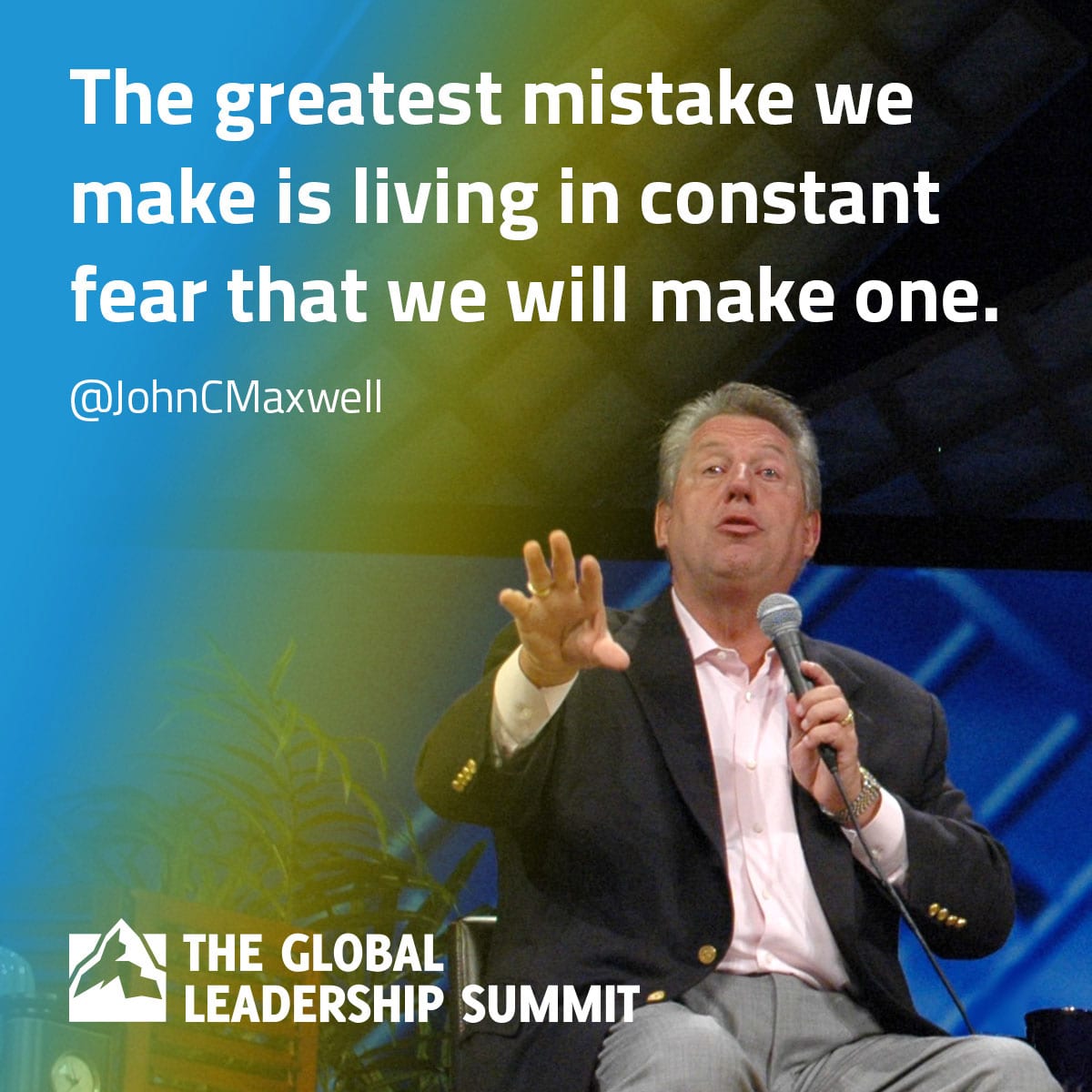
The greatest mistake we make is living in constant fear that we will make one.
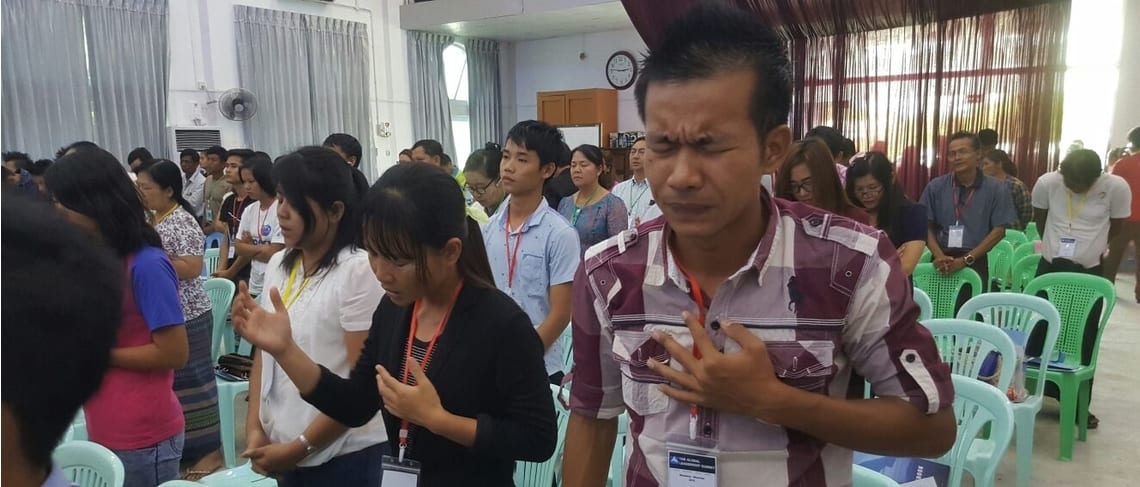
400 leaders participated at a new site in Mandalay last week. A great turn out!
The biggest surprise to the participants was hearing the speakers with voice over in their own language – Burmese.
Thank you to all who donated to allow these leaders to hear the speakers in their own language!
For many, this is not only the first time they’ve received this kind of leadership training, but it is also the first time they’ve ever heard this kind of training in their own language. Thank you for that gift!
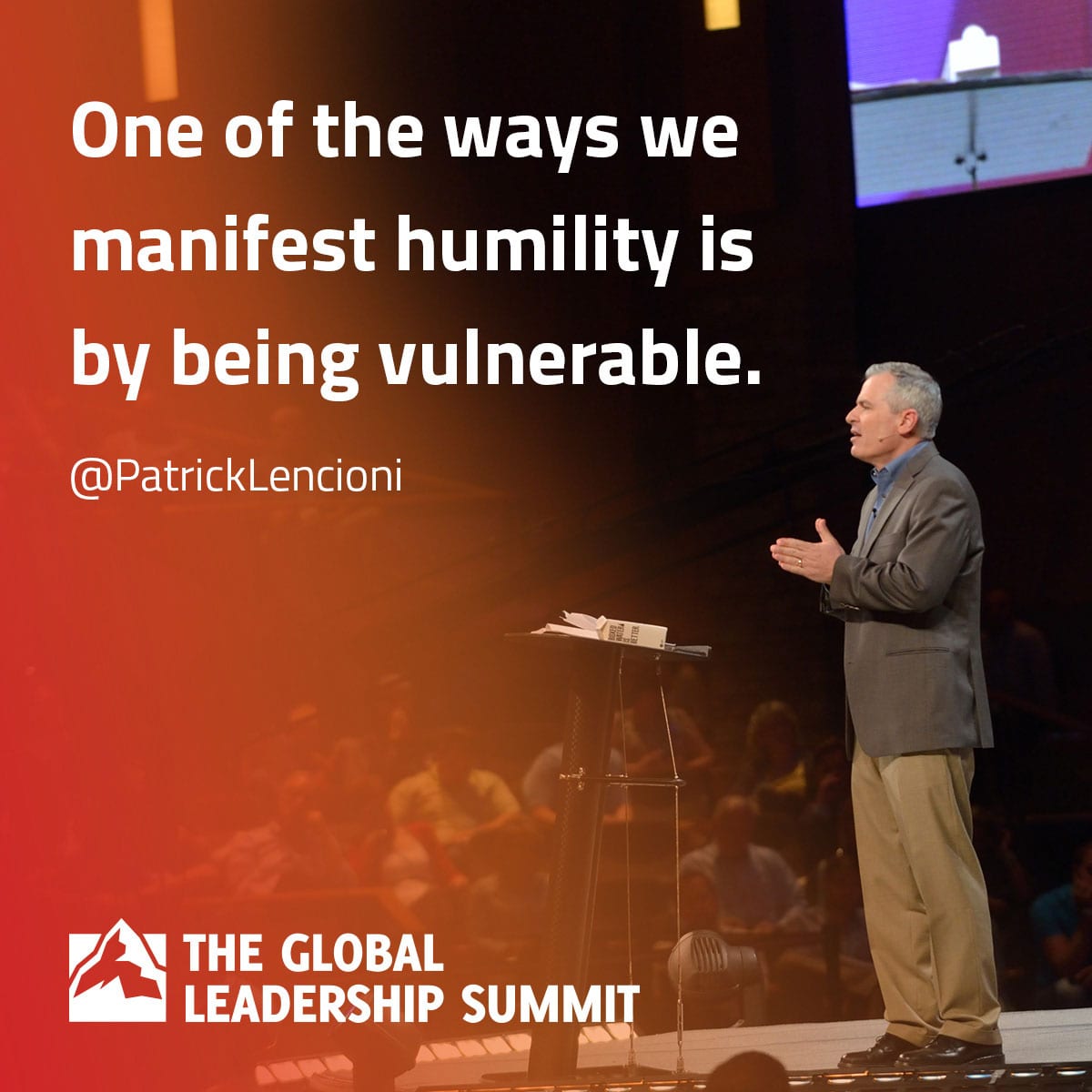
One of the ways we manifest humility is by being vulnerable.
“We welcome and encourage comments on this site. There may be some instances where comments will need to be edited or removed, such as:
If you have any questions on the commenting policy, please let us know at heretoserve@globalleadership.org”
Recent Comments